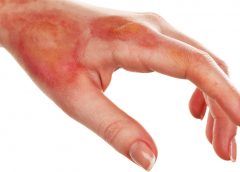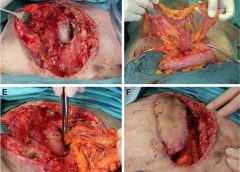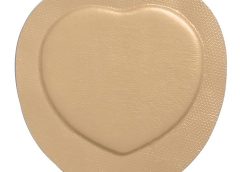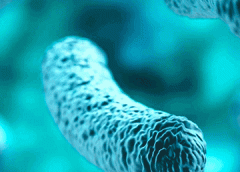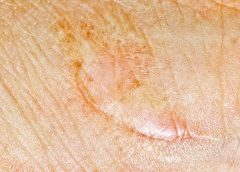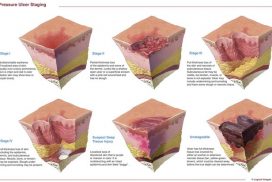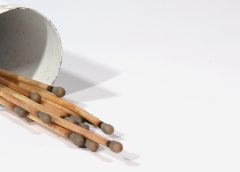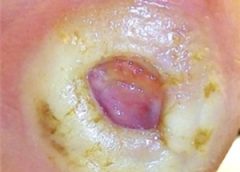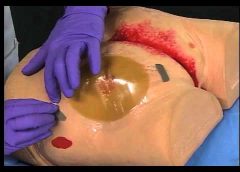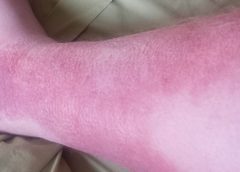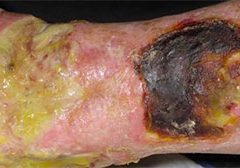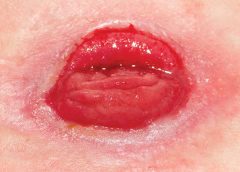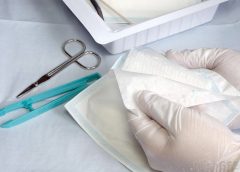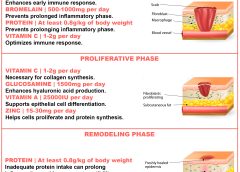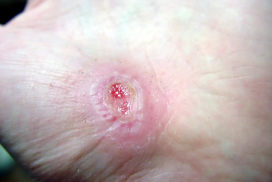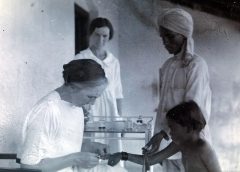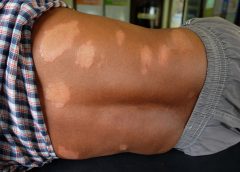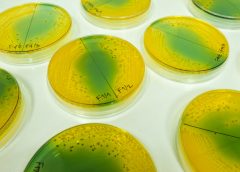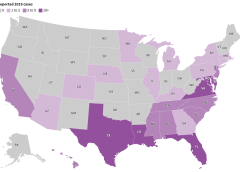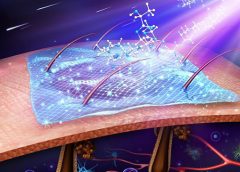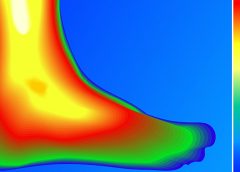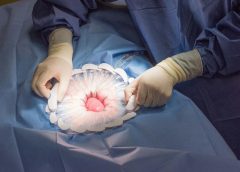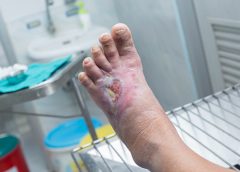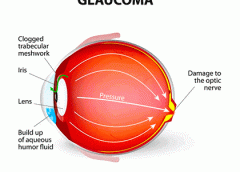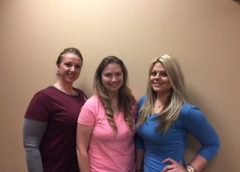BioLab Sciences, an innovator in regenerative medicine technologies, has announced the patent of MyOwn SkinTM, a new, non-evasive, regenerative tissue therapy that uses a patient’s own skin to accelerate the healing of chronic wounds, burns, diabetic foot ulcers and other difficult-to-heal wounds.
Read MoreSearch Results for: my
Salivary peptide promotes wound healing, research reveals
A study published online in The FASEB Journal delves into the mystifying fact that wounds in your mouth heal faster and more efficiently than wounds elsewhere. Until now, it was understood that saliva played a part in the wound healing process, though the extent of its role was unknown. The study examined the effects of salivary peptide histatin-1 on angiogenesis (blood vessel formation), which is critical to the efficiency of wound healing. Researchers found that histatin-1 promotes angiogenesis, as well as cell adhesion and migration. (more…)
Read MoreOmentum flap as a salvage procedure in deep sternal wound infection
Introduction: Deep sternal wound infections (DSWIs) are rare but devastating complication after median sternotomy following cardiac surgery. Especially in the presence of artificial material or inadequate preliminary muscle flaps, the pedicled omentum flap is due to its immunological properties, the predetermined flap in salvage procedures. (more…)
Read MoreStudy shows link between prophylactic dressing use and reduction in pressure injury rates
A new study shows a clear association between the prophylactic use of five-layer foam sacral dressings and reductions in pressure injury rates. Specifically, the study looked at the prophylactic use of Mölnlycke’s Mepilex® Border Sacrum dressing in the acute care setting over a six-year period (2010-2015). (more…)
Read MoreScientists Seek People with Primary Progressive MS and Other Forms of MS to Study Gut Bacteria
Investigators at the University of California in San Francisco are recruiting people with MS for an international study of the gut microbiome – the population of bacteria in the gut – in MS. They are seeking people with primary progressive MS nationwide (there is no need for onsite visits), as well as people with any other type of MS who can make a one-time visit to San Francisco, New York, Boston or Pittsburgh. The overall purpose of these studies is to investigate the potential role of gut bacteria in MS.
Scientists Focus on Gut Flora for Future Treatments of Autoimmune Diseases
Read MoreDoctors Find New Natural Way to Prevent Scars
Scars are a particularly sore subject for most people. Not only are they aesthetically unpleasing, but some of them can prove painful. That’s why research into minimizing the appearance of scars continues to be a central priority of wound care-related research. In the last several months alone, there have been quite a few exciting such breakthroughs. (more…)
Read MoreAntibiotic use in pressure injury infections
Antibiotic overuse contributes to the problems of antibiotic resistance and healthcare acquired infections, such as Clostridium difficile. Antibiotic stewardship programs improve patient outcomes, reduce antimicrobial resistance, and save money. These programs are designed to ensure patients receive the right antibiotic, at the right dose, at the right time, and for the right duration. (more…)
Read MoreDragon blood may help wounds heal faster
A new study has identified a peptide, derived from the Komodo dragon, called VK25, which can be synthesized and used as an antimicrobial peptide to promote wound healing.
The new research has identified (see below) a peptide found from the Komodo dragon (Varanus komodoensis), called VK25, which appears to be useful as a cationic antimicrobial peptide (CAMP). There is currently considerable interest in antimicrobial peptides in a world where antibiotic effectiveness is in decline. These peptides are potent, broad spectrum antibiotics which demonstrate potential as novel therapeutic agents. (more…)
Read MoreSearch Wound Care Advisor
3 reasons why cornea is the new Glaucoma
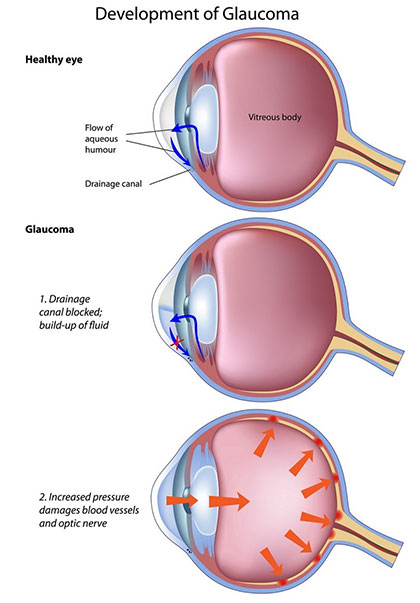
Over the past few years, this pace of change has been very evident in glaucoma, where minimally invasive procedures have greatly diminished the frequency of trabeculectomy and tube shunt procedures. In this issue of OSN, our cover story focuses on a specialty that’s now moving as quickly as glaucoma. And here are three reasons I believe cornea will continue to be the “next big thing” in eye care: (more…)
Read MoreThree registered nurses pass National Wound Care course
Three registered nurses (RN) at Panhandle Home Health have passed the National Wound Care & Ostomy Certification Course & Exam (WCC) as part of Panhandle Home Health’s Wound Care Initiative, started in 2013 with a single WCC-certified RN, Cathy Reifer. In 2015, WISH (Women Investing in Shepherd) awarded their inaugural grant to a regional nonprofit, Panhandle Home Health. This grant of $26,250, along with additional private donations and grants, has allowed thirteen nurses to participate in the intensive, week-long training course. These RNs are prepared to provide specialized consultation and a unique supervisory level of clinical expertise in wound assessment and the specialized care involved for patients. Their training involves differentiation of wound types and the appropriate care; recognizing the effects of cancer, heart disease, diabetes, or COPD on wound healing; understanding care products and their implementation; wound-healing techniques; and patient education. (more…)
Read More
